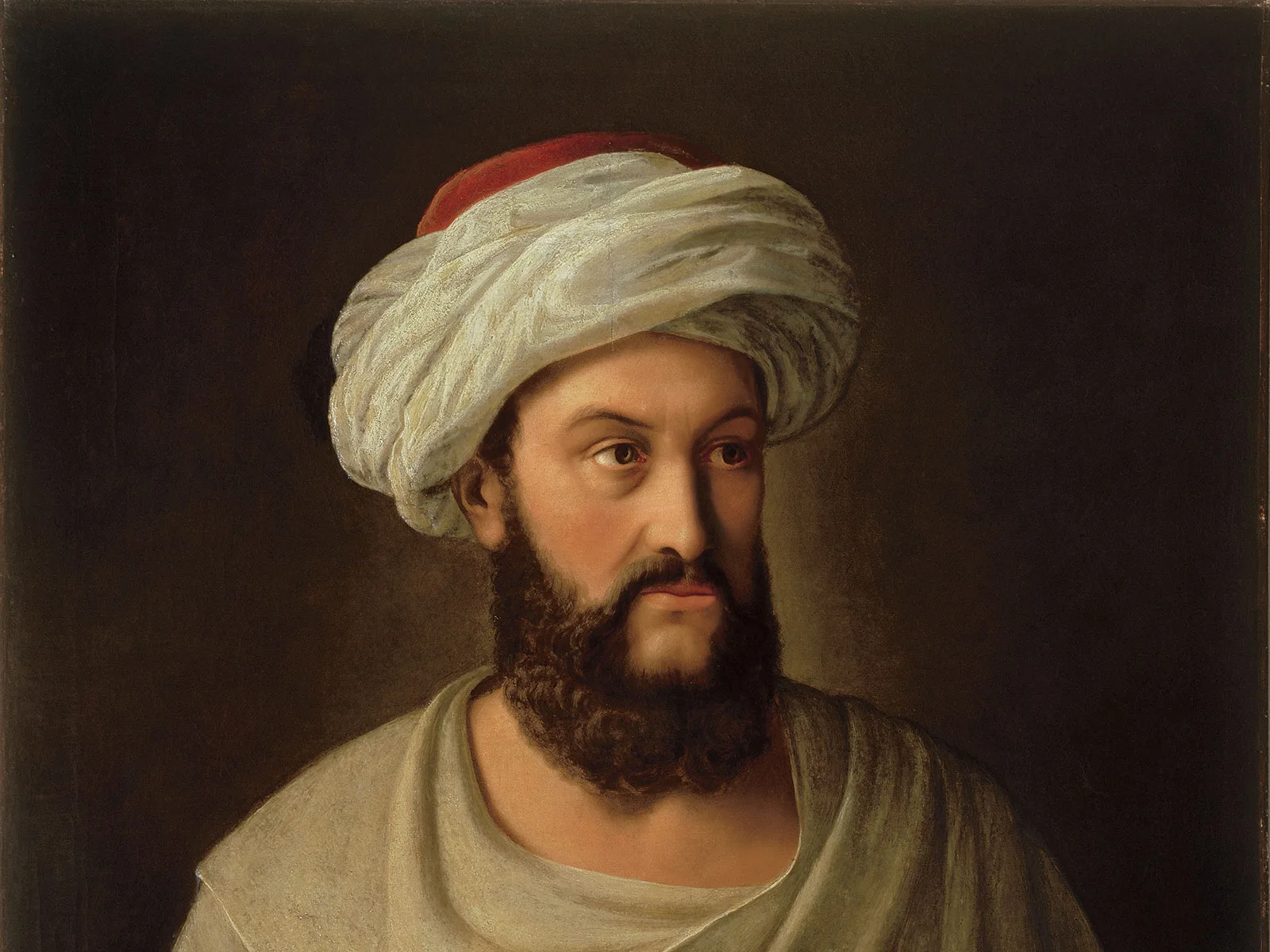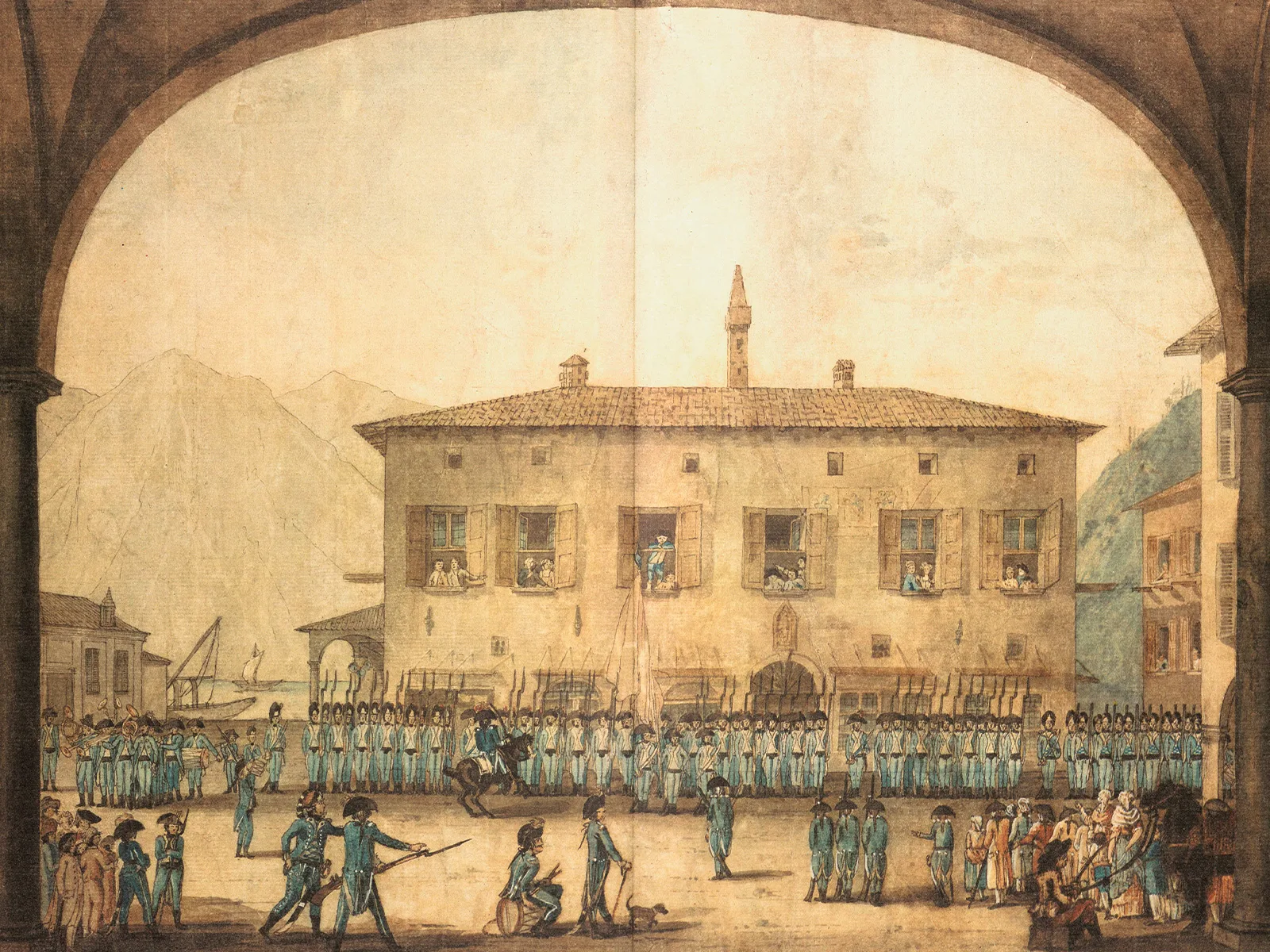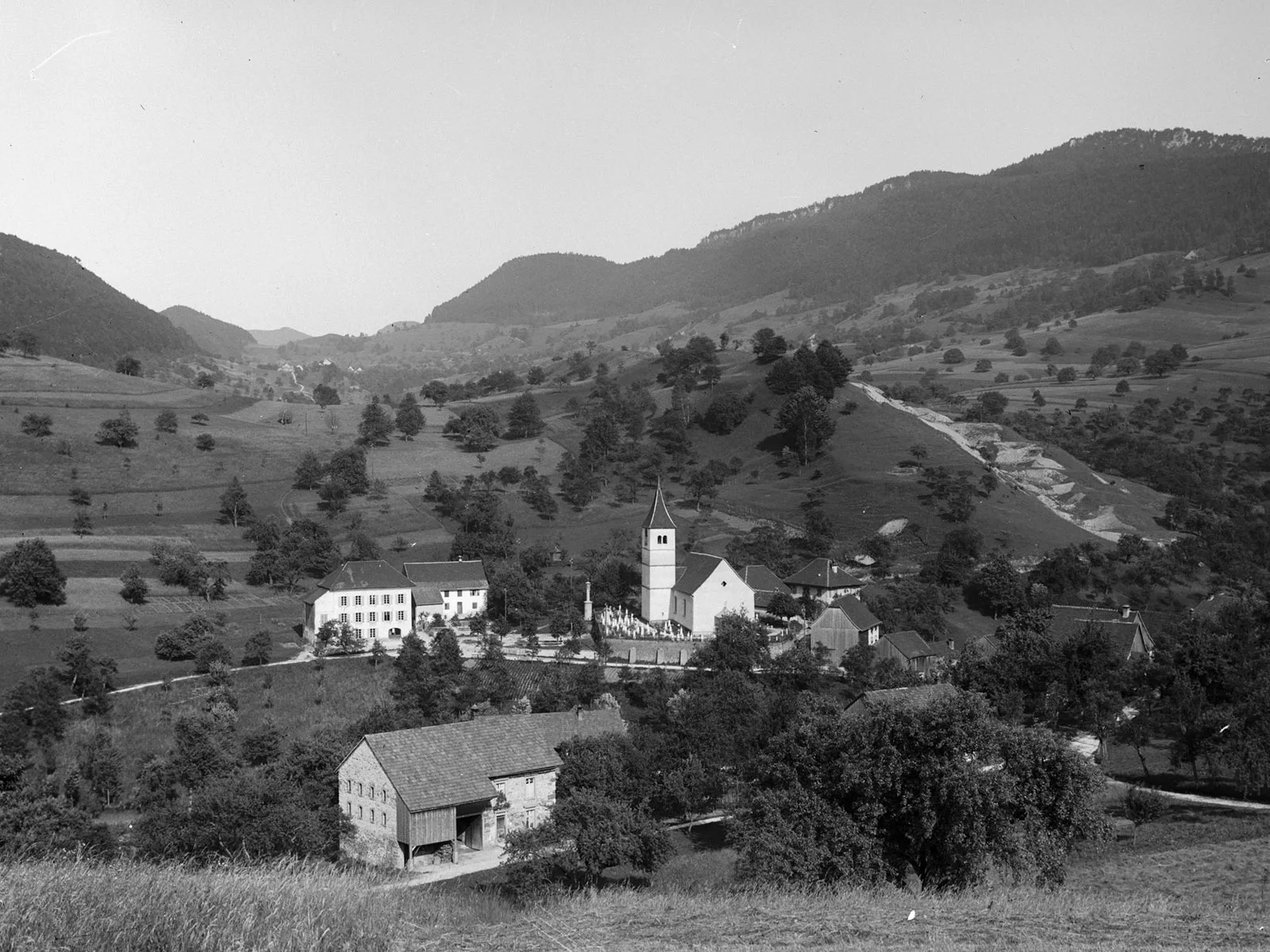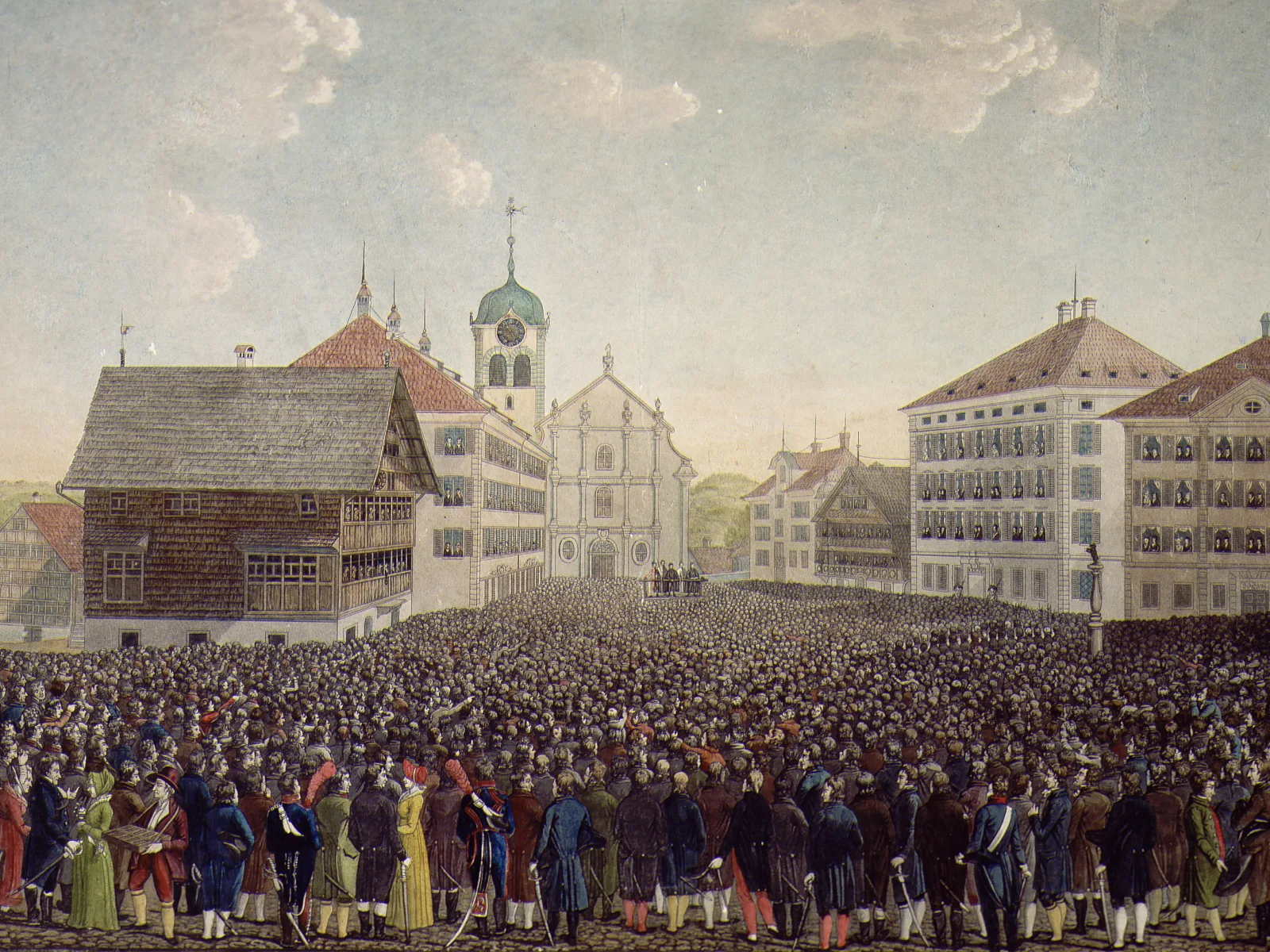
Deprived of a voice
Too young, too foreign, too different? Fifty years on from the introduction of voting and electoral rights for women, the issue of political participation is still a hot topic. A historical overview of disenfranchisement in Switzerland.
No vote without a passport
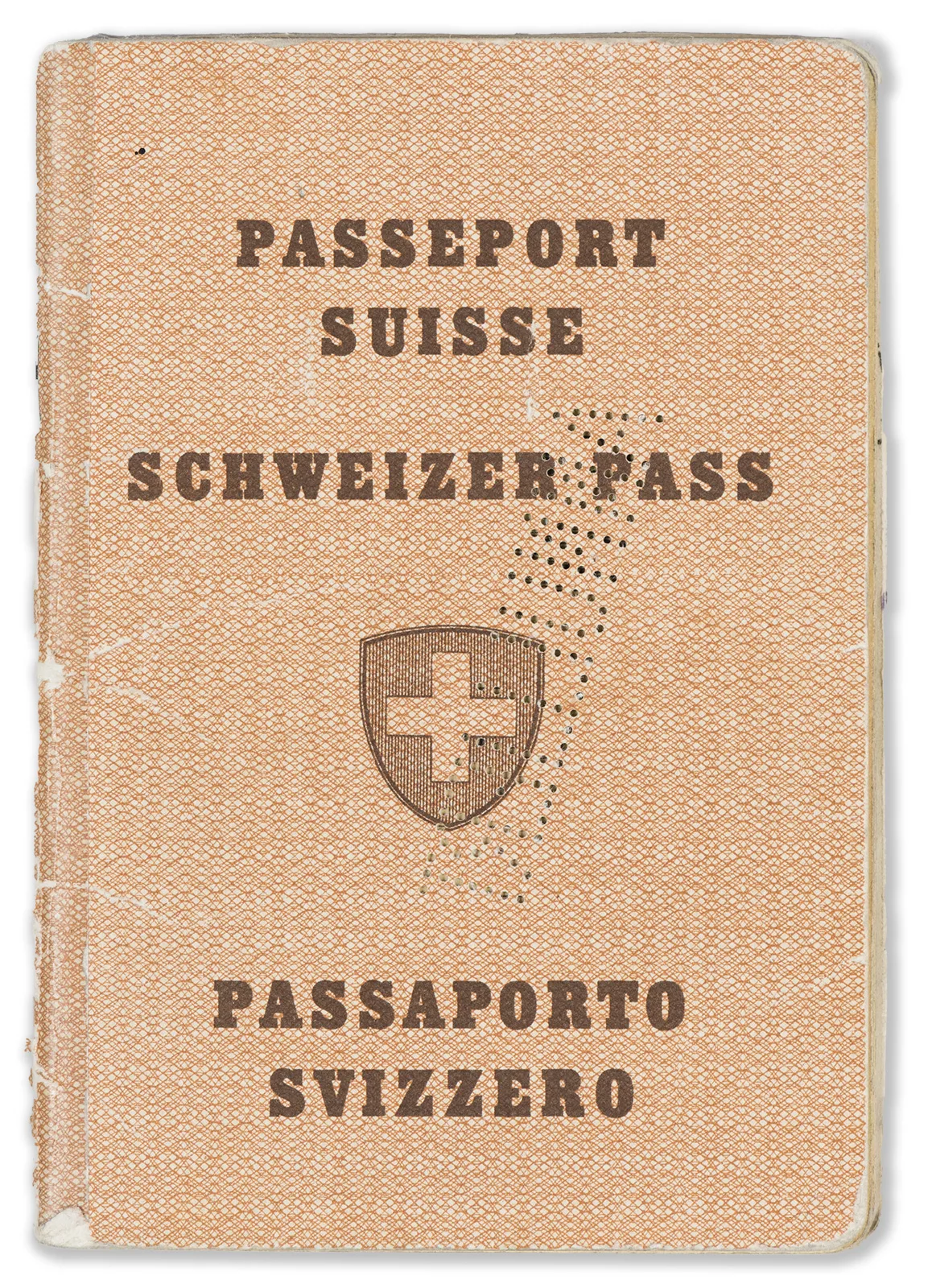
No voting by minors
No vote for the mentally disabled
Who in Switzerland is allowed to vote? Explanatory video by ch.ch chchportal / YouTube

